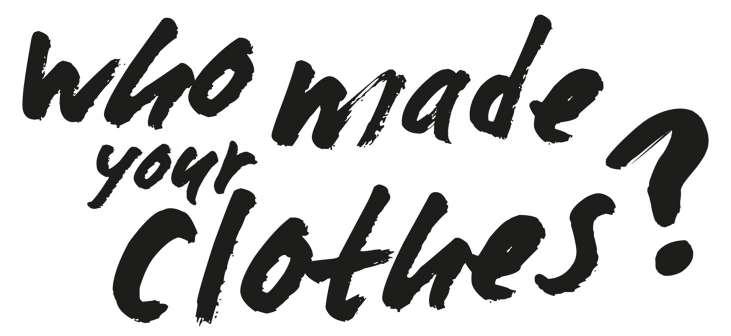
3 minute read
Who made your clothes?
Who made my clothes?
Have you ever thought about where your clothes actually come from? The next time you marvel at the collection in your wardrobe or don your favorite hoodie, you should perhaps look beyond the fancy labels and superstores you get them from. From planting the cotton to harvesting and processing, dying the material, and sewing the fabric, there are a lot of people on the cloth manufacturing chain. Sadly, this chain is bottom heavy. The Rana Plaza tragedy of 2013 opened the eyes of everyone to the pathetic state of our fashion industry. More than 1100 factory workers were killed by the tragic building collapse and about 2200 more were injured. While there have been earlier campaigns that sought to awaken the consciousness of consumers, the tragedy highlighted just how bad things are.
Advertisement
Highlighting the problem
The current pace of the fashion industry is frightening. A 4-season annual calendar now has 52 seasons and trendy clothes transforms into rags within a twinkle of an eye. Landfills across the world play host to about 13 million tons of used clothing every year and the situation couldn’t be any worse. The fashion industry in its current state reeks of widespread human and environmental exploitation.
Who makes your clothes?
An estimated 75 million people are responsible for making the clothes that we put on. These workers are predominantly women and they are involved in different stages of the production process. Sadly, a whole lot of them are unable to afford the
basic necessities of life. Most of them reside
in developing countries with lax labor laws. They are exploited and abused and they only receive crumbs out of the total revenue of
the multi-billion dollar fashion industry. Incidents like the Rana Plaza tragedy teach us that we can ill afford to continue this way. But 5 years on, has there been any notable change in the way we think about fashion? How far have we gone with talks about a fashion revolution? Do we have to wait for
yet another tragedy before we start taking meaningful steps towards bringing an end to the exploitation? As a consumer, you can also play a meaningful role in promoting greater sustainability and transparency in the fashion industry. Here are some useful lifestyle changes you can make in order to play your own part in solving the problem:
Buy for ethics and sustainability
There are numerous brands that are wholly dedicated to promoting ethical and sustainable practices in the fashion industry. You do not have to buy clothes from the leading brands just because they are popular. If you are not convinced they are doing enough to promote fair wages and environmental sustainability, you should strike your name off their customers’ list. Brands that pay attention to ethics consider the wider impact of every stitch on the humans that made them as well as the environment. The entire
production process is regulated and adequate attention is paid to the safety of their workers. While the end products of these brands may be more expensive, they give you the freedom of shopping with a clear conscience.
Buy fewer clothes
If we all keep buying clothes at this rate, the revolution would continue to be no more than
an illusion. Promoting sustainability and ethics is not only about being conscious of who made your clothes. You have to buy fewer clothes so you can ensure that each one you buy counts in terms of quality. Step away from the crazy and fast-paced trends and buy clothes only when you need them. If you can adopt this near-minimalist lifestyle, you’ll be reducing the footprints of the fashion industry on human and environmental resources.
Encourage conversations and ask questions?
If we don’t talk about the problem, there’s no way we can find a solution. When we start asking the popular brands vital questions about fair remuneration and environmental
sustainability, they would be forced to do what is right. It is your duty to boycott companies that are glaringly indifferent towards these germane issues. You should also strive to educate those around you so that more people are aware of the problem. If a majority of consumers pay adequate attention to sustainability in the fashion industry, the brand would have no other choice but to dance to
their tunes.











